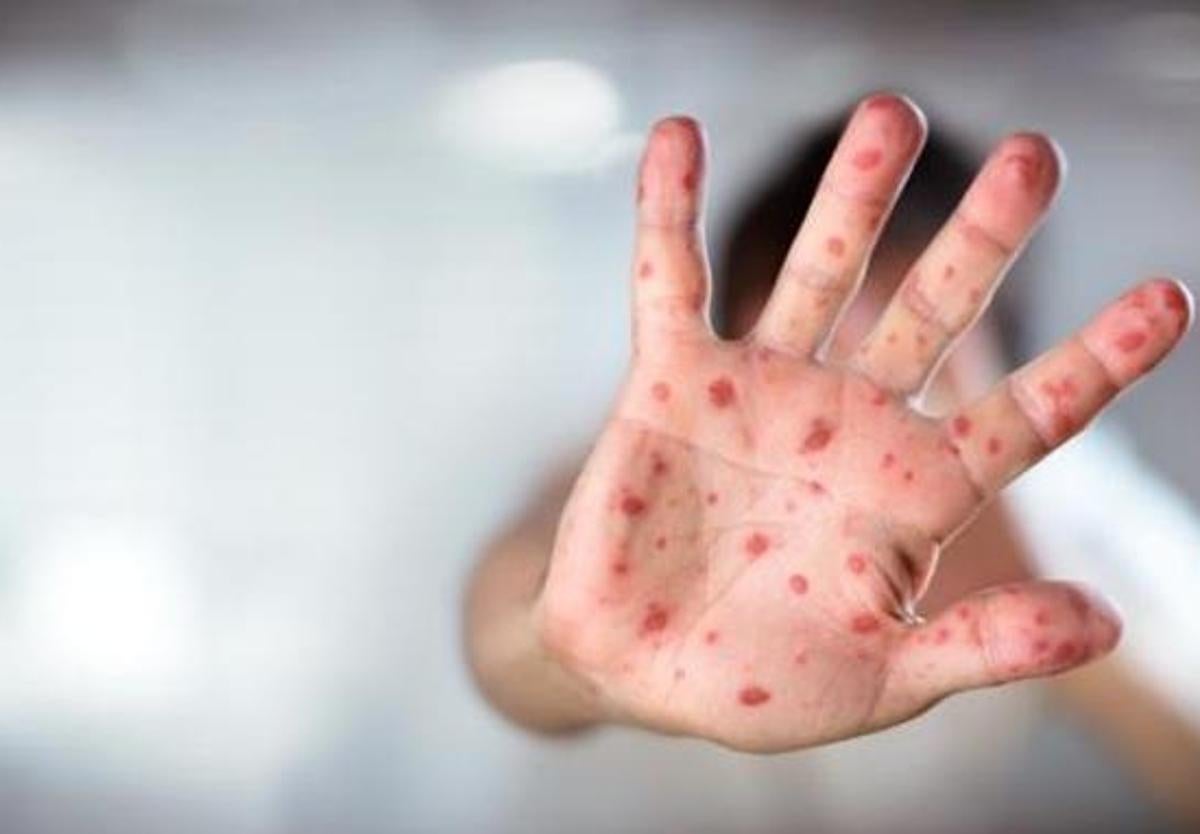Five more unvaccinated children detected with measles following outbreak at Costa del Sol nursery
Some of the infected infants had not been jabbed because they were under the minimum age established in the vaccination schedule
Another five children have been added to the number of those affected by a measles outbreak which was detected in an unnamed nursery on the Costa del Sol about a week and a half ago.
Similarly to the first three cases, the children were not vaccinated with the MMR vaccine, which protects against measles, mumps and rubella, either by parental choice or because they have not reached the minimum age established in the vaccination schedule. The sources consulted have not specified whether the children are pupils or family members of the ones already infected.
Initially, the outbreak affected three children: two-year-old twin brothers and a one-year-old infant. Given that the three cases were detected in the same centre, health officials concluded that there had been transmission between them. The appearance of new cases in the same nursery confirms the previous hypothesis.
Measures
The Junta has begun to carry out the control measures established in the surveillance and alert protocol. Measles is a highly contagious disease and it is therefore essential to quickly establish a contact study to determine both the source of infection and the number of people the case might have infected. "Contact tracing will be carried out among all persons that might have been exposed to a suspected case during the contagious period (from four days before the onset of the rash to four days after, including the day of rash onset)," states the protocol. In addition, vaccination history will be investigated "as accurately as possible".
If the contact study identifies susceptible individuals who are unable or unwilling to receive the vaccine, they will be removed from the environment where the case was confirmed and put under quarantine until the end of the incubation period (up to 23 days after exposure). This step of the protocol is relevant in the present case, as the three affected individuals were not vaccinated. These contacts will be monitored for 23 days following their last interaction with a confirmed case.
As the protocol states, what significantly improves the likelihood of preventing the spread of the disease or mitigating the severity, is rapid vaccination (within 72 hours of exposure) of susceptible contacts. "Vaccination should always be offered to susceptible contacts to prevent measles transmission, especially when there is an outbreak, regardless of the time that has elapsed since exposure, to prevent measles," officials have said.

